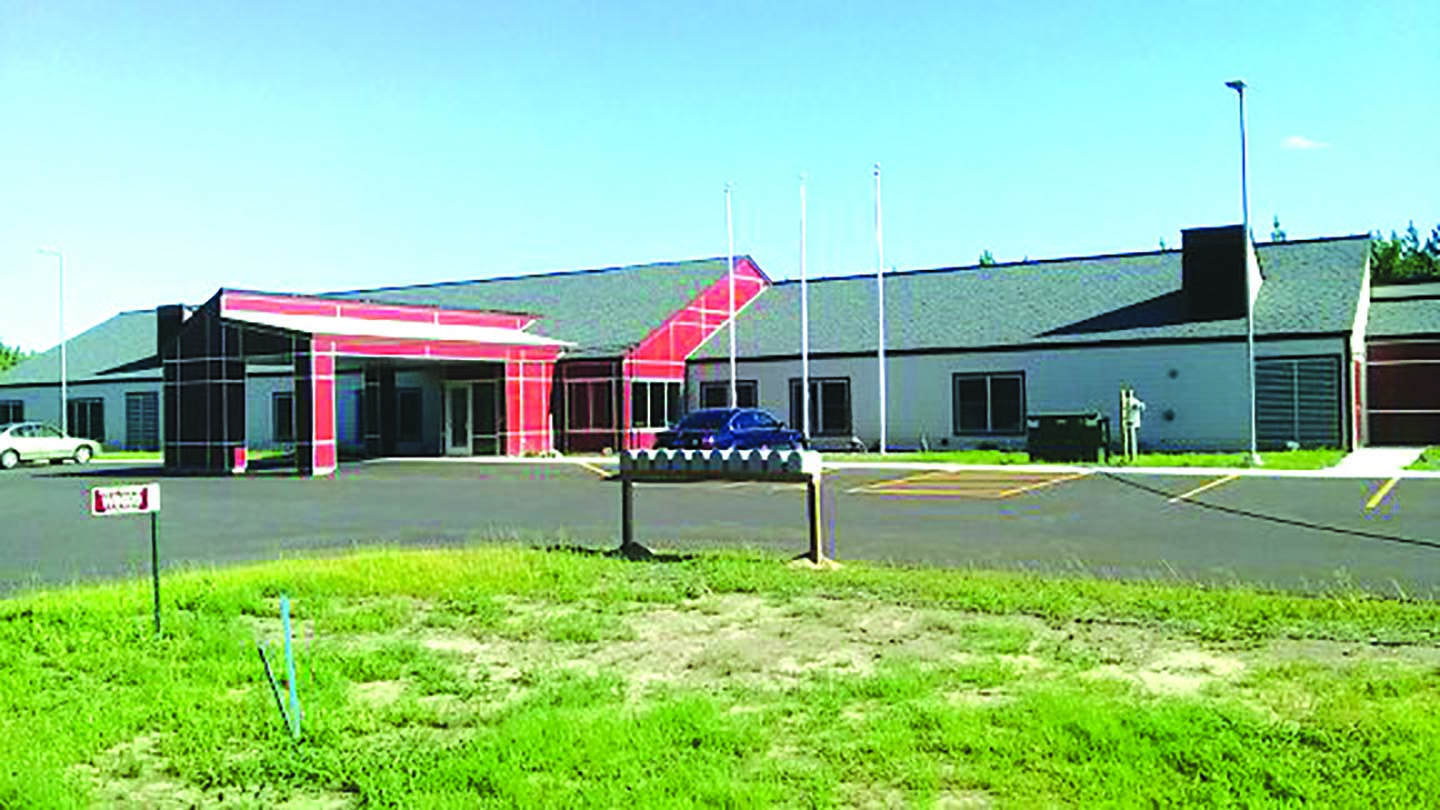By JoDee Brooke
The Ho-Chunk Nation Healing to Wellness Court (HTWC), like other drug courts across the state, struggle trying to find a safe and affordable place for participants to live once they complete the drug court process.
“Usually, a participant must go back and live in the same environment, which is not always the best place for them or find a place to live in the community that is affordable, but not always in the best location,” shared HTWC project coordinator Robert Mann. “This makes it more difficult for them to stay sober.”
The Ho-Chunk Nation HTWC exists to address alcohol and drug addiction and its associated consequences. It works in partnership with several tribal and community agencies and service providers to achieve important goals. It works to create support systems and programs to foster employment, education, communal, familial and individual health and well-being. HTWC works to maintain relationships and resources to continually assist program participation. Its goal is to also restore traditional values and language.
“The Ho-Chunk Housing & Community Development Agency (HHCDA) works to assure that our communities are affordable and safe by providing quality homes and services to our tenants and community members,” explained Mann. “HHCDA is united to work with other agencies in promoting self-sufficiency. It is these mission statements that HTWC and HHCDA negotiated to provide housing for HTWC participants.”
An agreement was reached with HHCDA for HHCDA to revise its policies to allow HTWC participants to live at their Veterans Supportive Housing facility on a short-term basis. The veterans housing facility provides housing and services to Ho-Chunk veterans, most of which have jobs, until they become more stable.
“It is not full now and there are often vacancies,” explained Mann. “There are 10 one-bedroom units. It’s not meant to be long-term; it’s just while they are going through the treatment program and until they are able to work and get stabilized. Some don’t have a vehicle; some are homeless.”
The time spent at the HHCDA will give the participants time to find employment and eventually find a safe place to live in the community. According to Mann, HHCDA will also help with providing financial education with the local financial institution to its tenants on how to manage their money.
“They have very strict rules here,” said Mann. “They are not allowed to live here with their children; they can visit, but their children can’t live here with them. There can be relapses, but we address it right away. The treatment court is geared for less than a year; but that usually never happens. The average time is 18 months. We never close the door; we always try to help them.”
Mann says this collaboration is a big step in a possible solution for the housing problems for other drug courts across the state. “My hope and dream is this works really well and if it does, it might encourage other treatment courts to pursue something similar to what we are doing,” shared Mann.


